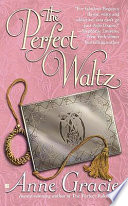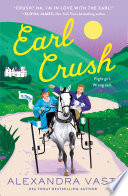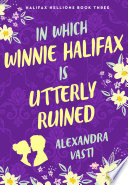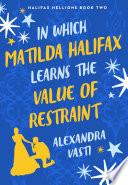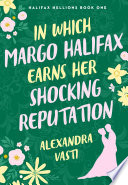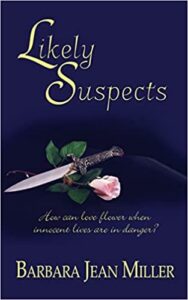“Even the least sensible woman knew, upon meeting his gaze, that here was a man who was more than he might at first appear, who might steal the heart of even the most resistant woman. But oh, what a lovely theft!
Adventurer Nathanial Harrington would never steal another man’s discovery. And he’d never be so dishonorable as to tempt an untouched woman into his bed . . . even one as stunningly beautiful as Gabriella Montini. Yet she intrigues him. What is her secret? Nate would do anything to find out.
Nathanial is an earl’s son—but Gabriella knows he’s not to be trusted! He’s more than just a mere thief of hearts, he’s also stolen her brother’s good name. Determined to restore his reputation, she’d even masquerade as a destitute orphan and be taken into his family’s home. But how can she continue her ruse when she finds herself succumbing to Nathanial’s passionate charms?”
The latest from Victoria Alexander, The Virgin’s Secret, is one of the better Alexander books I have read within the last several years. A novel premise, an heiress masquerades as an impoverished lady and somehow gets the invite to stay with the Harringtons (even though she is discovered breaking in!).
The obvious mistrust between the hero and heroine (see above) is a good analogy for the process we all go through when we fall in love. Trust is a lengthy process, one that grows with love and friendship. A lot of times, romance novels can be criticized for glossing over this and skipping straight from infatuation to lust.
This book reminds me, that like many great art forms, the most obvious text is a device for commenting on whats beneath…the subtext. Americans, some more than others, can be too liturgical.
I remember my brother told me many moons ago that Star Trek was a political allegory chock full of poli-sci theory. At the time, it blew my mind. Then, I read some papers in my first introduction to destructuralism in college about film theory. My favorite example (that I like to think is an original thought) is the television show Buffy the Vampire Slayer. One of the reasons I enjoyed the show so much is that it was a brilliant allegory for many of the very real struggles teens go through. In the same way Lost can blow our minds about abstract physics.
Its probably why Harry Potter was a best seller. Although we could be entertained by the magical side, what was so true about the books (and what adults as well as children could identify with) were the concepts of loyalty, friendship, and thirst for knowledge.
But I digress.
The Virgin’s Secret will never (at least in my life time) be considered a classic. But it does some classic things really well. It gives us a heroine that believes strongly in restoring her family name, even if that family is more than a little disfunctional. It allows its characters to discover love organically, that thing that grows past lust and infatuation.
And it does so in such a sneaky, action packed entertaining way that you may even forget it.
That’s why I love hist-ro, and why I highly recommend this book!


